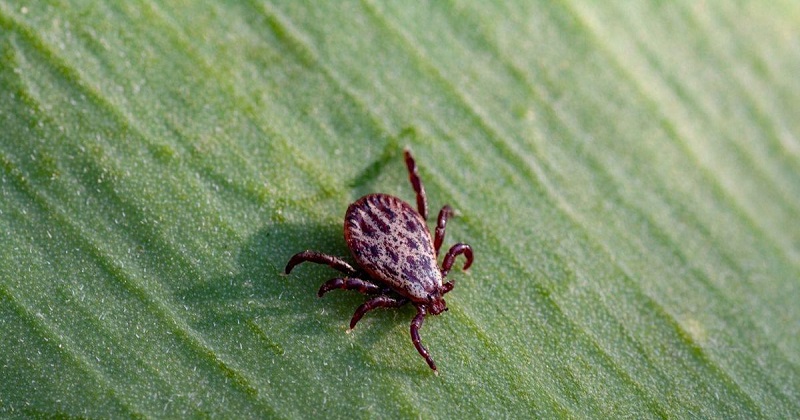
A rare tick-borne virus has been reported in six US states that is capable of killing adults with preexisting medical conditions, causing panic. The Heartland virus circulates in Georgia in the lone star tick, a type of tick common in the East and the Southeastern United States. Heartland virus patients have been hospitalized in severe cases. CDC reports a few older individuals with medical conditions have died, despite the low fatality rate.
Heartland virus in humans was first reported in Missouri in 2009, according to the CDC. Between 2009 and January 2021, the number jumped to 50 in 11 Midwestern and Southern states: Arkansas, Georgia, Illinois, Indiana, Iowa, Kansas, Kentucky, Missouri, North Carolina, Oklahoma, and Tennessee, according to The Self. In order to shed more light on this virus, research based on test samples was required.
The Heartland virus was found in Georgia lone star ticks by Emory University researchers. ‘Emerging Infectious Diseases’ published the report. The study was initiated after a retroactive analysis of a 2005 death in Georgia was found to have been caused by the Heartland virus.
Signs and Symptoms
Fever, fatigue, reduced appetite, headaches, nausea, diarrhea, and joint or muscle pain are some of the primary symptoms. Many of these symptoms overlap with other tick-borne diseases, such as ehrlichiosis. White blood cell counts and platelet counts are usually low, and liver enzymes are often elevated. Symptoms can appear up to two weeks after a person is bitten, according to the CDC.
Testing Procedures
The Heartland virus has not yet been routinely tested, but doctors are welcome to contact the state health department if they suspect a patient has become infected. The state may then notify the CDC, which is capable of performing molecular and serologic tests, which can detect Heartland virus RNA and certain antibodies the body may produce in response.
Method of study
Study participants sampled lone star tick populations in a wildlife refuge in rural southeast Atlanta in 2018 and 2019. A sample area was chosen due to its proximity to the state’s only confirmed case of the Heartland virus. A number of white-tailed deer in the area had antibodies to the virus, indicating infection. After capturing a total of 9,294 lone star ticks, gene sequencing was performed in batches to detect the virus.
In two pools of samples, the Heartland virus was confirmed. Overall, the data indicated a local infection rate of almost 1 in 2,000 lone star ticks. Lone star ticks are more aggressive and may cause rash and irritation, according to the CDC. Additionally, ticks can transmit a wide range of diseases to humans and animals, such as dogs. Currently, the team plans to collect ticks throughout Georgia and test them for the presence of the virus, along with environmental factors that may promote the population.

Post Your Comments